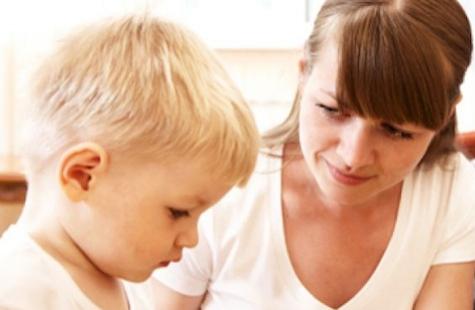Many people will have found the events at Martin Place, Sydney, on Monday distressing or emotionally challenging. People can react in a variety of ways to these experiences.
It’s important to understand that many competent, healthy, strong people will have similar feelings, or responses. The response may be experienced immediately or sometimes much later.
Having distressing thoughts and feelings after such events is normal and not a sign of personal weakness. However, when these responses persist or significantly impact on your ability to return to your usual activities it may be necessary to seek additional supports.
In particular, children absorb the tension, uncertainty, confusion and fear around them following traumatic events.
When distressing events, such as the Sydney siege, are shown on TV, or covered on the radio or internet, it can lead to children and young people thinking a lot about the event and cause worry and anxiety.
Parents are urged to create a sense of calm and reassure children that they are safe and that there is someone there to take care of them.
The Australian Child and Adolescent Trauma, Loss and Grief Network says families can also help to support children at this time by:
- Restricting the amount of media coverage children see of the event.
- Watching media coverage with your child so that you are there to answer any questions they may have.
- Helping to remind your child that they are safe and that you are there to answer any questions for them if they feel unsafe.
- Giving support to your child if they are upset and comforting them. If your child has worries or sadness about this event that continues over the days and weeks, then it is good to speak with a health professional about how your child is going.
People who readily use formal and informal support from family, friends, clergy or other supports generally recover better from stressful situations - prevention is better than cure.
If you experience persistent issues that interfere with your life you are encouraged to talk to your General Practitioner or health care provider.
If you live in NSW, you can contact your local mental health service via the NSW Mental Health Line on 1800 011 511.



















__small.png)










